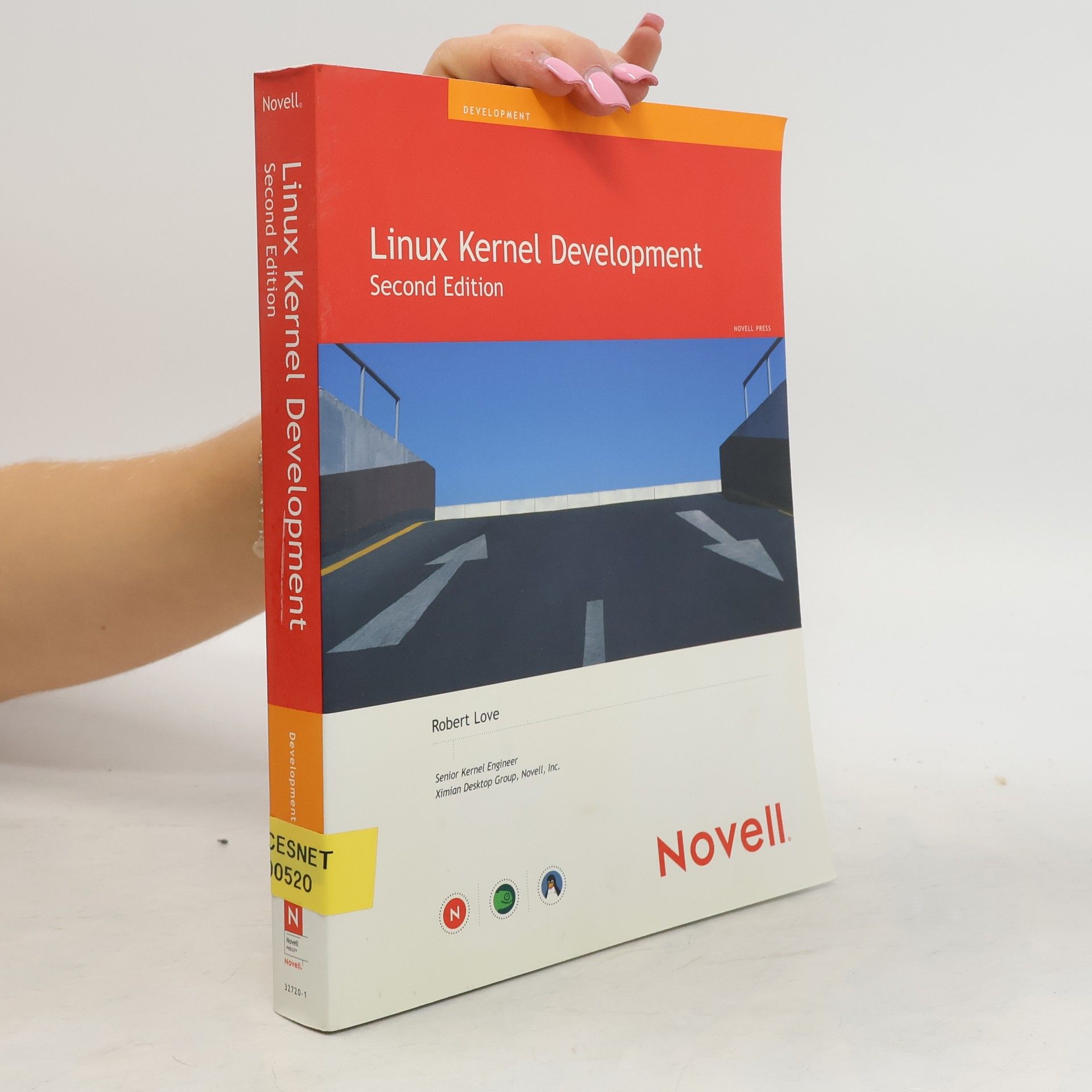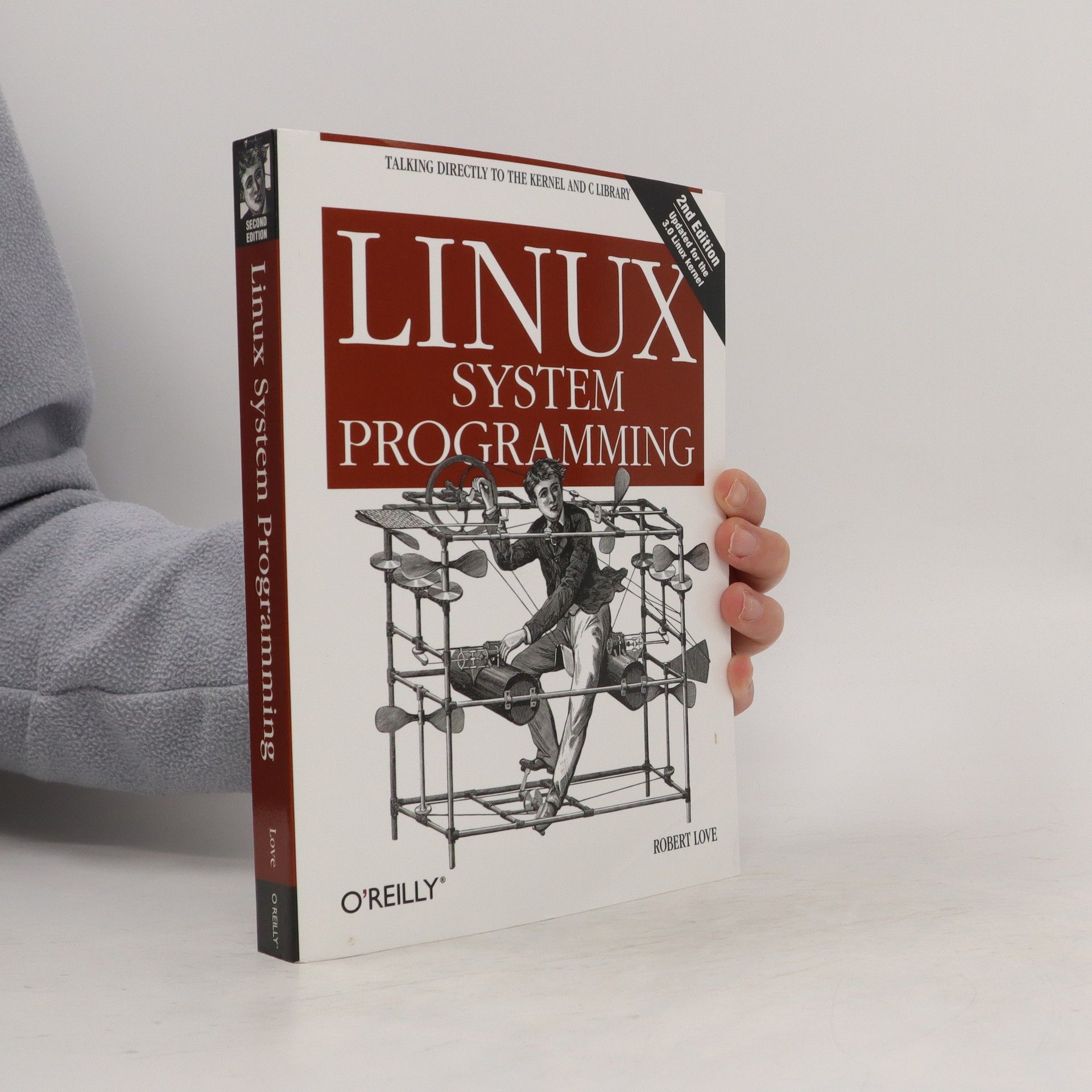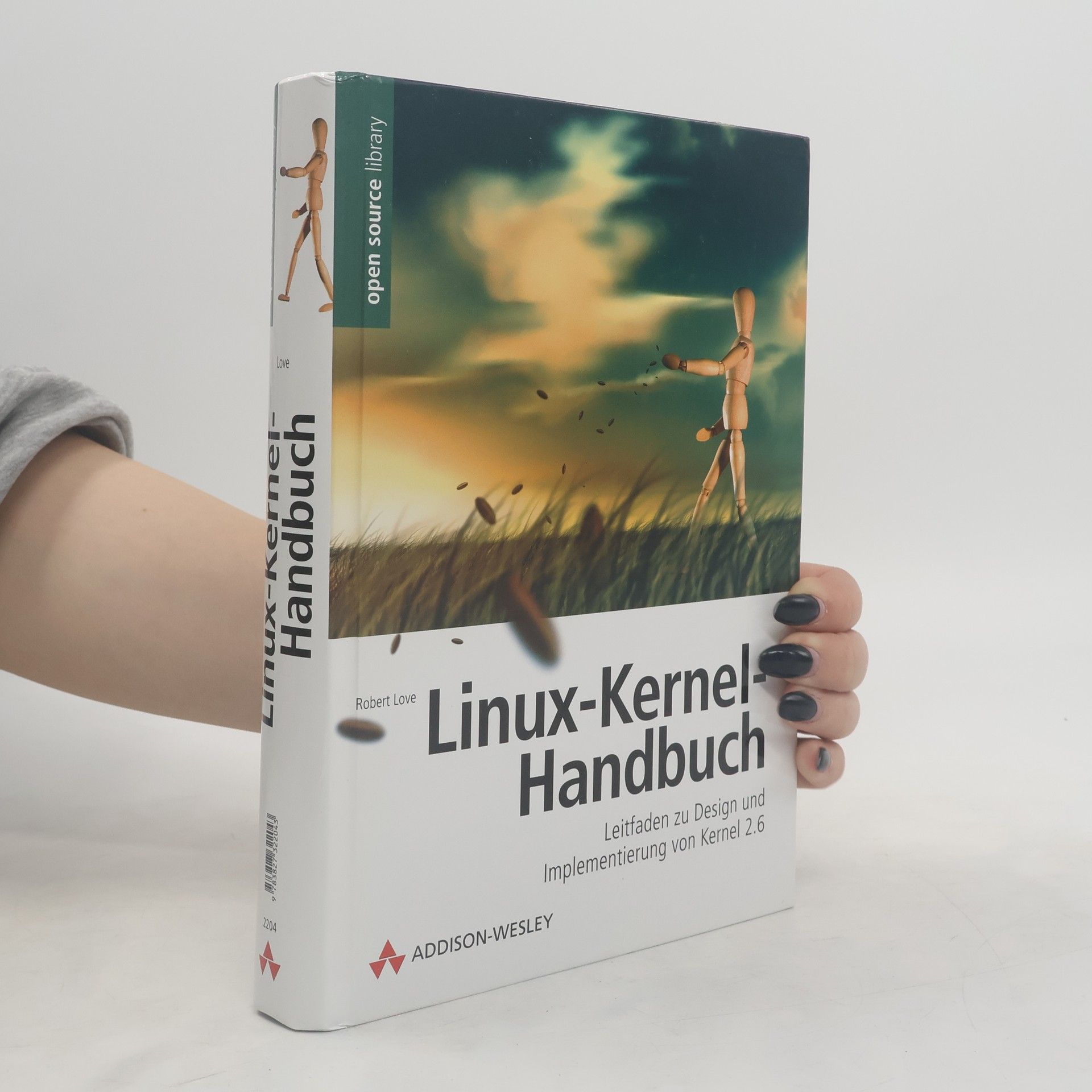Zur System- oder Gerätetreiber-Programmierung unter Linux benötigen Sie einen Leitfaden, der den Aufbau des Linux-Kernels und das Zusammenwirken seiner Subsysteme und Schnittstellen in der nötigen Tiefe verständlich erklärt. Das „Linux-Kernel-Handbuch“ ist dieser Leitfaden. Der Autor – selbst langjähriger Kernel-Hacker – erschließt seinen Lesern die dunklen Tiefen des Allerheiligsten mit leicht verständlichen Erklärungen auch schwieriger und komplexer Sachverhalte.
Robert Love Bücher
Robert Love ist ein erfahrener Autor, dessen Karriere sich über drei Jahrzehnte im Verlagswesen erstreckt, einschließlich bedeutender Positionen bei Rolling Stone und Best Life. Seine journalistischen Arbeiten wurden in angesehenen Publikationen wie der New York Times veröffentlicht, was sein scharfes Gespür für packende Erzählungen unter Beweis stellt. Loves umfangreiche Erfahrung fließt auch in seine Lehrtätigkeit als außerordentlicher Professor für Journalismus ein. Sein Schreiben zeichnet sich durch eine tiefe Auseinandersetzung mit aktuellen Themen und einen klaren, zugänglichen Stil aus.




Learn Old English with Leofwin
- 158 Seiten
- 6 Lesestunden
This is a new approach to learning old English - as a living language. Leofwin and his family are your guides through six lively, entertaining, topic-based units. New vocabulary and grammar are presented in context, step by step, so that younger readers and non-language specialists can feel engaged rather than intimidated. The author has complemented the text with a wealth of illustrations throughout. This volume is the first part of the course.
Linux System Programming
- 456 Seiten
- 16 Lesestunden
1. Introduction and essential concepts: System programming; APIs and ABIs; Standards; Linux programming concepts. 2. File I/O: Opening files; Reading with read(); Writing with write(); Synchronized I/O; Direct I/O; Closing files; Seeking with lseek(); Positional reads/writes; Truncating files; Multiplexed I/O; Kernel internals. 3. Buffered I/O: User-buffered I/O; Standard I/O; Opening files; Opening a stream via file descriptor; Closing streams; Reading/writing from/to a stream; Sample program; Seeking and flushing a stream; Errors and end-of-file; Obtaining the file descriptor; Controlling buffering; Thread safety; Critiques of standard I/O. 4. Advanced file I/O: Scatter/gather I/O; Event poll; Memory mapping; Advice for normal file I/O; Synchronized, synchronous, and asynchronous operations; I/O schedulers and performance. 5. Process management: Programs, processes, threads; Process ID; Running/terminating processes; Waiting for child processes; Users/groups; Sessions and process groups; Daemons. 6. Advanced process management: Process scheduling; The completely fair scheduler; Yielding processor; Process priorities; Processor affinity; Real-time systems; Resource limits. 7. Threading: Binaries, processes, threads; Multithreading; Threading models/patterns; Concurrency, parallelism, races; Synchronization; Pthreads. 8. File and directory management: Files and metadata; Directories; Links; Copying/moving files; Device nodes;
Linux kernel development
- 401 Seiten
- 15 Lesestunden
Following an overview of the design, implementation, and interfaces of the Linux kernel, a senior kernel engineer/open source hacker provides updated theoretical and applied coverage of the major features and subsystems of the current Linux 2.6 kernel. For software developers, Love reviews such nifty features as its preemptive kernel and I/O schedulers, as well as kernel modules and debugging. He emphasizes that this treatment is not a line-by-line commentary of the kernel source. The book includes a decent list of books sorted by subject and websites for further information. Annotation ©2006 Book News, Inc., Portland, OR (booknews.com)